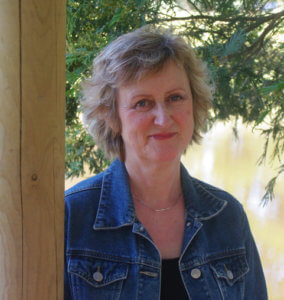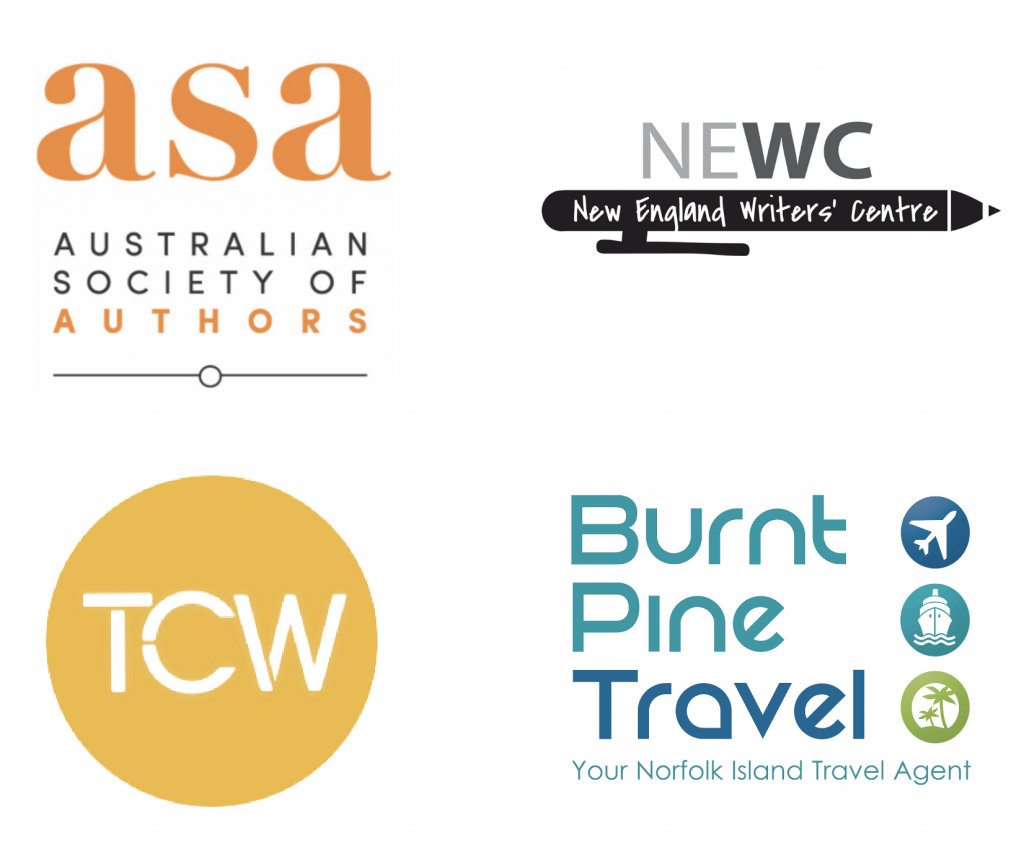‘Historical fiction must always be shaped to some degree by the time in which it is written … I’m intrigued by the conversation between present and past that results; we learn about ourselves by thinking about the past.’

I love this quote which gives writers of historical fiction a real insight into how our contemporary world shapes even historical writing. In HNSA’s second interview looking at the ARA Historical Novel Prize, award-winning historical fiction author, Robyn Cadwallader, explains why she welcomes this exciting new initiative and why she loves to read historical fiction, ‘that pushes the boundaries in the same way that contemporary fiction does.’
In your experience as a writer and reader of historical fiction what is its particular appeal?
I like to read novels set in the past because I’m interested in the ways in which beliefs and ideas formed and influenced the people in other times and places, and the ways they responded to major events. Historical fiction must always be shaped to some degree by the time in which it is written, and as a writer, I’m intrigued by the conversation between present and past that results; we learn about ourselves by thinking about the past.
I’m fascinated that the people of the past were both like us and unlike us, and I’m most interested in how the ordinary person found meaning and purpose and beauty, often in harsh times. In my own writing, I’m particularly intrigued by the re-imagining of the lives of people who were so often written out of history: the ordinary folk, and women in particular.
How do you think a prize such as the ARA Historical Novel Prize helps to raise the profile of historical fiction in general?
Prizes garner lots of media attention. There are so many books being published now that prizes are a way of focusing attention on a group of very fine books — longlist, shortlist, winner.
For some time, historical fiction hasn’t been taken very seriously, and has been considered only in terms of costume or romance. But the power of a literary prize is that it garners lots of media attention, as we’ve seen with books by Hilary Mantel (The Booker) and Richard Flannagan (Prime Minister’s Award). These awards have shifted that attitude, I think. So, to have such a substantial prize as the ARA Historical Novel Prize that focuses of the genre of historical fiction is a real statement of its importance within the larger literary world.
And in a world where money speaks, it says so loudly. It will have an impact not only for the winner, but also for the long and shortlisted works and authors.

As a winner of a major literary prize yourself, what difference did it make to your creative life to win a significant sum of money?
I am in the fortunate position of not needing to earn money in a day job. But winning a significant sum of money has two important impacts. The first is the recognition that comes with it. To the world, it says that this writer is worth reading, and worth supporting; to me personally, it is an enormous encouragement to keep working, especially when the writing is tough. It helps me to take myself and my work seriously when imposter syndrome comes calling.
The second impact is that it does ease the pressure financially. I can now consider spending money on things that will help my writing, such as buying books for research, upgrading from my groaning computer (so that I don’t need to keep waiting for the spinning rainbow wheel of death!), or paying for a mentor to help guide me through my current work in progress. Those kinds of pragmatic issues help to make space for my creative life.
Prize money notwithstanding, what are the additional benefits of entering a high-profile writing competition for a published author?
Whether published or not, everything we write is a challenge, and it’s so easy to lose confidence and become afraid to risk putting our work out there. At a masterclass a few years ago, the writer and Prime Minister’s Award winner, Steven Carroll, said to us: ‘You have to back yourself’. That’s such important advice. Entering a high-profile competition, even if it seems there are ‘better’ or more well-known authors likely to be in competition, is a way of backing yourself and your work, and placing yourself among the ranks of those you admire (or envy!).
It also means that there’s a good chance you’ll make it to the longlist or shortlist, or even the big prize. When there are no second or third placements, being listed is in itself a kind of prize, a genuine recognition of a work that stands out, even if it may not include monetary reward.
What do you think makes a standout historical fiction novel?
For me, good historical fiction will have clear respect for the people and times it portrays. While that involves thorough research and evocative world building, I think the strongest historical fiction helps the reader to easily enter the world of the past; it’s writing where it seems the writer is entirely at ease with the world she’s creating and isn’t self-consciously ‘historical’, dwelling on historical accuracy. And of course, the characters and story need to be the primary concern.
I love writing that has energy and is prepared to take risks, where (and I’m talking to myself here) there is an invitation to the reader to explore all sorts of ideas in the same way that a very good contemporary novel would. I think it’s exciting to read historical stories that aren’t narrowed down by their history, and I love to read work that pushes the boundaries in the same way that contemporary fiction does.
Robyn lives among birdlife and vineyards in the country outside Canberra. She has published a poetry collection, i painted unafraid (Wakefield, 2010) and a non-fiction book about virginity and female agency in the Middle Ages. In response the government’s punitive treatment of asylum seekers, she edited collection of essays on asylum seeker policy, We Are Better Than This (ATF, 2015). Her first novel, The Anchoress, was published in 2015 in Australia (HarperCollins), and internationally. Her second novel, Book of Colours (HarperCollins), was published in April 2018 and released in the UK in May 2019. It won the 2019 ACT Book of the Year Award. Robyn is the reviews editor for the online literary journal, Verity La. You can connect with Robyn via her website, Facebook, Twitter and Instagram.

This interview was compiled by HNSA Marketing Coordinator, Lou Greene. Lou was winner of the HNSA First Pages Pitch in 2017 and she long-listed in the Richell Awards. Last year, as well as being short-listed in the HNSA short story competition, she was a recipient of an ASA Mentorship Award. Lou has an MA Modern History and has recently completed a dual timeline, novel manuscript. Find out more about Lou’s writing from her website, or connect with her via Instagram or Twitter.

The ARA Historical Novel Prize, for published historical novels by Australian and New Zealand authors, will be worth $30,000 to the winning author. With entries opening on May 1, it is a partnership between generous sponsor, the ARA Group, and the Historical Novel Society Australasia (HNSA), in association with the New England Writers’ Centre. HNSA is delighted and proud to introduce this initiative, which celebrates the diversity and strength of an increasingly popular and acclaimed genre.




